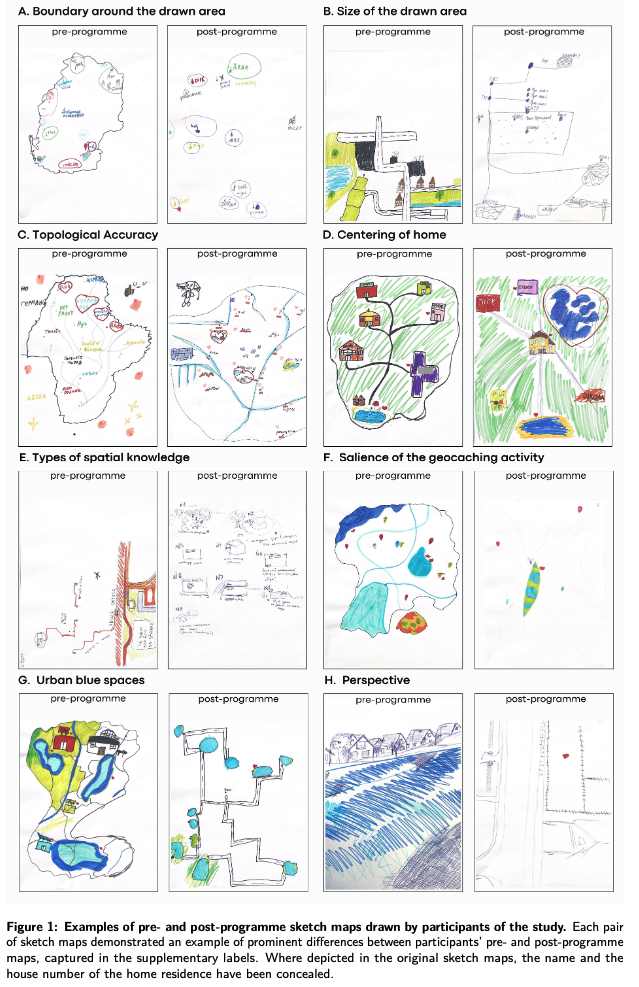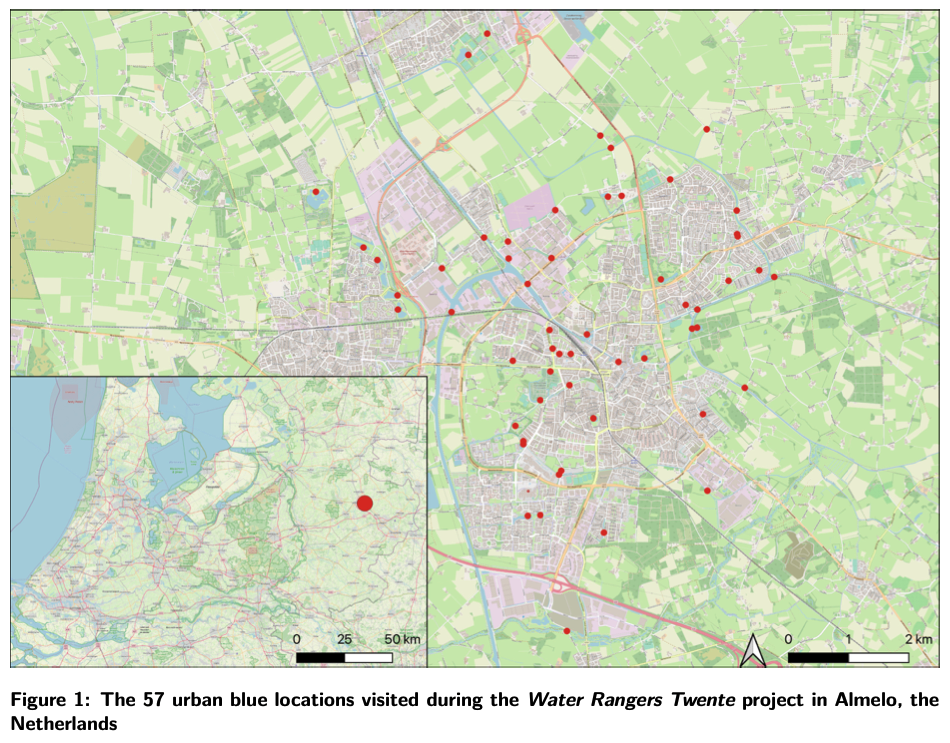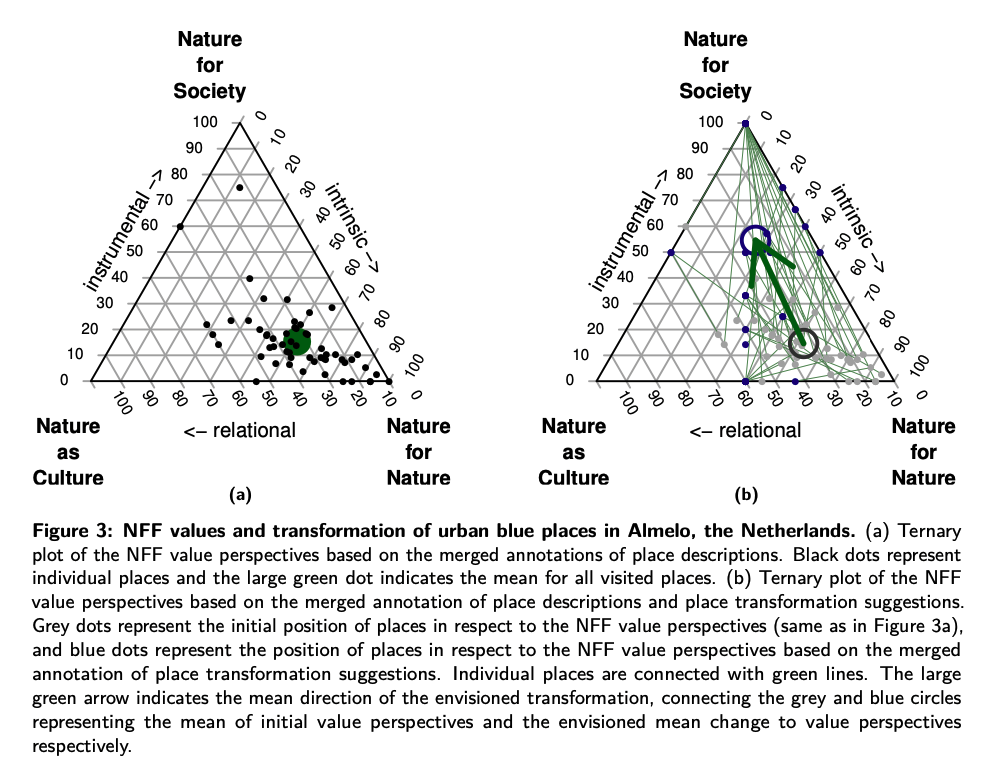Two papers have been accepted for a presentation at the International Symposium on Platial Information Science that will take place in Dortmund, Germany 19–21 September 2023. See below for details:
The image of the city by temporarily displaced children: how place-based citizen science contributes to place discovery.
Egorova, Ekaterina, and Bae, Crystal
Paper Session II: Place Conceptualisation and Representation, Wednesday, 20 September, 2023, 10.30am – 12noon
Abstract: This study focusses on spatial knowledge acquisition among Ukrainian children, temporarily displaced as a result of a war and newly arrived in the Netherlands. As part of a place-based citizen science project, we conducted two sketch mapping sessions, one before and one after the project, to explore youth’s conceptualization of the environment following a three-month residency in the new city, and to assess the impact of a two-week citizen science project on place discovery. Methodologically, we investigate the semiotics of sketch maps supported by individual interviews, and characterize types of knowledge and experiences reflected in the data. The presented work suggests that the sketch map representations capture the physical, emotional, and social contexts of youth’s interaction with the new environment, while place-based citizen science provides an opportunity for direct and indirect spatial knowledge acquisition and enrichment of the city image with new meanings, contributing to place discovery.

Capturing Elements of the Nature Futures Framework Through In Situ Place Descriptions: An Empirical Study in Urban Blue Locations.
Sven Teurlincx, Rosan van Halsema, Alexandra S M Deffner, Louise Willemen, Ekaterina Egorova
Paper Session I: Place and Narratives, Tuesday, 19 September, 2023, 11.30am – 1pm
Abstract: Human-nature interaction is in constant flux, and capturing the present perceptions and imaginaries of urban nature could facilitate the development of scenarios that ensure positive futures for both nature and humans. This paper explores the feasibility of inferring and operationalizing the three key values of the Nature Futures Framework–Nature for Society, Nature as Culture, and Nature for Nature–through the language in place descriptions and place transformation suggestions, collected in situ in 57 urban blue spaces as part of a pilot citizen science project in the Netherlands. We suggest that cross-pollination between research working towards capturing place facets in natural discourse and the Nature Futures Framework has the potential to provide effective means for a better understanding and visualization of individual and collective nature-related values hold within communities in particular places, leading to transformations of urban nature in a way that is beneficial to both humans and nature.



